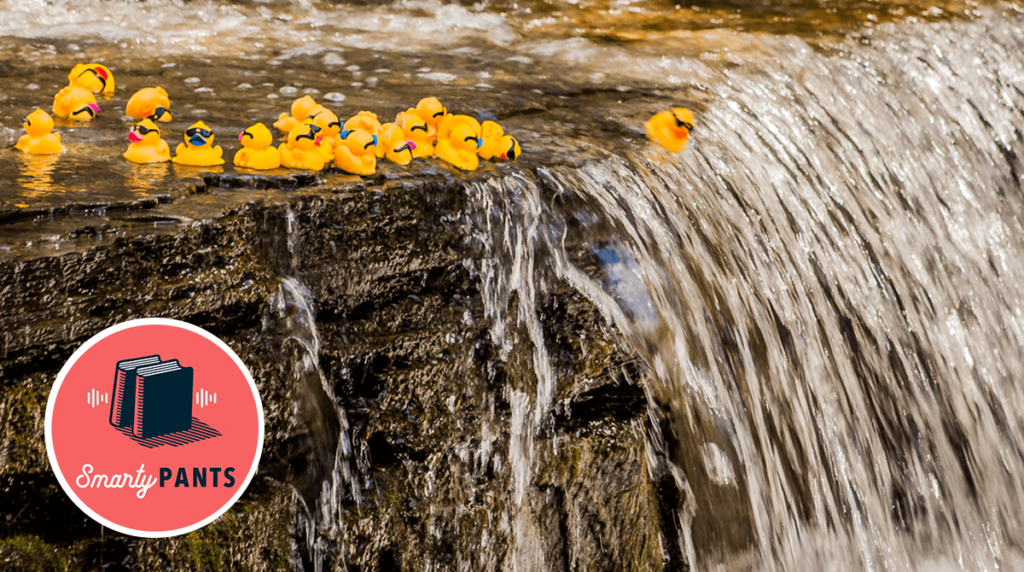All Your Friends Are Listening to This Podcast
How we can combine peer pressure and public policy to make the world a better place

Social science research confirms what seems obvious: our decisions don’t occur in a void, but rather are hugely influenced by our peers and social context. Society influences our behavior but, in turn, our behavior influences society. To put it another way, our social behaviors are contagious. Because of our respective environments, we may feel compelled to cheat on our taxes, drive heavy cars, or waste energy, because that’s what our peers are doing. In his new book, Under The Influence: Putting Peer Pressure to Work, Cornell economist and New York Times columnist Robert H. Frank combines psychological insight with economics to argue that we can’t build public policy on the assumption that individuals will make completely independent decisions. Most of our choices—whether it’s to buy an SUV or an electric car, to bike or drive or take the bus to work, to smoke or quit—are shaped by the society we live in. So why don’t we use the insights of behavioral contagion to push society in the direction we want it to go? Frank argues that we should, by using government policies—and especially taxes—in a much more clever and targeted way than before.
Go beyond the episode:
- Robert H. Frank’s Under the Influence: Putting Peer Pressure to Work
- Read his essay about how individual decisions can produce cascading effects: “How peer pressure can stop climate change”
- For more on how behavioral cascades happen, check out the 1992 study, “A Theory of Fads, Fashion, Custom, and Cultural Change as Informational Cascades”
- Why tax evasion is trendy: read Jesse Eisinger and Paul Kiel’s story, “The IRS Tried to Take on the Ultrawealthy. It Didn’t Go Well.”
- People who buy bigger houses aren’t happier, those who spent more on lavish weddings don’t stay married longer, and other examples of why spending money on material goods can’t buy you happiness
Tune in every week to catch interviews with the liveliest voices from literature, the arts, sciences, history, and public affairs; reports on cutting-edge works in progress; long-form narratives; and compelling excerpts from new books. Hosted by Stephanie Bastek. Follow us on Twitter @TheAmScho or on Facebook.
Subscribe: iTunes • Feedburner • Stitcher • Google Play • Acast
Download the audio here (right click to “save link as …”)
Have suggestions for projects you’d like us to catch up on, or writers you want to hear from? Send us a note: podcast [at] theamericanscholar [dot] org. And rate us on iTunes! Our theme music was composed by Nathan Prillaman.

